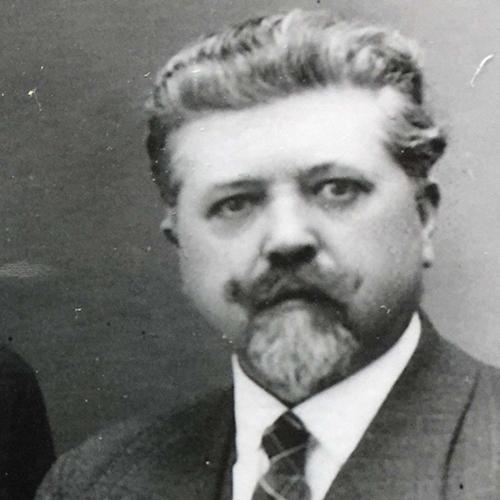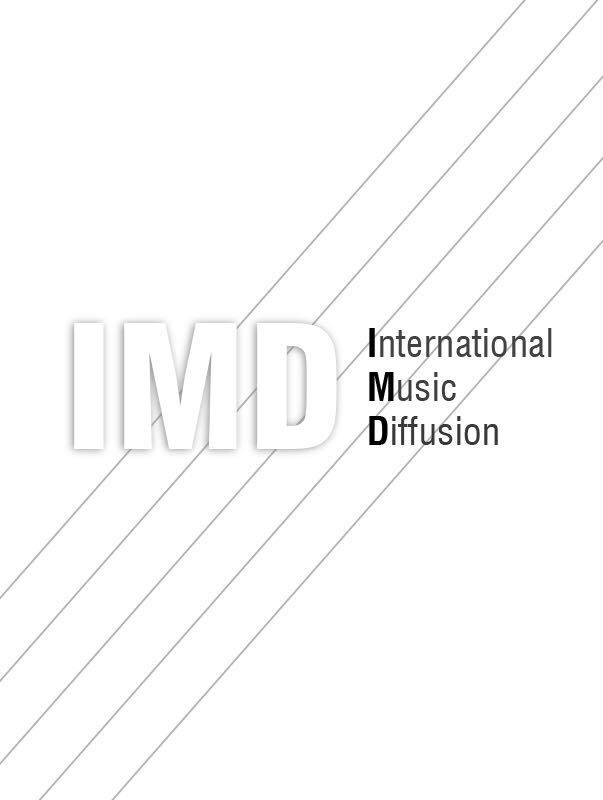Biography
Following musical studies, first with his father Charles, a good amateur clarinettist, then at the Conservatoire de Lille, he became involved in military music for the 1st Engineer regiment at Versailles, then entered the Conservatoire (CNSM) in Paris where he continued his studies under professor Charles Turban (soloist at the Opéra de Paris) and Prosper Mimart (soloist at the Opéra-Comique). Capelle secured his first prize in 1905 with Charles Lefèvre’s fantasy-caprice. His private teacher Henri Lefèvre (from the Opéra de Paris) helped him secure the position of solo clarinettist at the Geneva Opera.
Some time later, Capelle obtained the position of clarinet teacher at the Geneva Conservatory through a competitive examination. His most famous student in this conservatory was Daniel Bonade, who went on to become soloist with the Philadelphia and Cleveland orchestras. Roubaix, Merville, Béthune, Tourcoing, Lambersart and Onnaing. In 1922, he began teaching clarinet and saxophone at the Lille Conservatory, where he formed a veritable «Capelle school».
His many students went on to obtain some of the most important positions in Paris, most notably :
- Ulysse Delécluse (teacher at CNSM Paris)
- Henri Dionet (Opéra de Paris and Versailles CRR)
- Maurice Cliquennois (Orchestre National de la R.T.F., forerunner of Radio-France)
- Louis Montaigne (Garde Républicaine and P. Boulez’ Domaine Musical)
- Desiré Dondeyne (chief of music for the Gardiens de la Paix)
- Roger Desoomer (teacher at the Conservatoire de Dijon)
- Henri Guisgand (classical soloist and jazz musician with Edith Piaf, Yves Montand, Line Renaud, etc.)
- Henri Druart (Orchestre de Paris), one of my own teachers
- René Barras (Orchestre Lamoureux)
- Robert Ceugnart (saxophone player of the Garde Républicaine)
In 1937, Capelle became the conductor of the Radio P.T.T. Nord woodwind orchestra in Lille.F. Capelle also composed military music and popular songs. Emile Ratez wrote a sonata for him, and Pauline Nagel a concert piece.
He composed 20 major studies published after his death, which occurred on October 15th, 1942 at 10, avenue Simone in La Madeleine (near Lille).
He had a son, Roger (lawyer in Lille and judge at the Court of Béthune), with whom we had the pleasure of reminiscing about his famous father.
Ferdinand Capelle is buried at Lille’s Cimetière de l’Est. There are streets named after him in both Merville and Neuf-Berquin.


